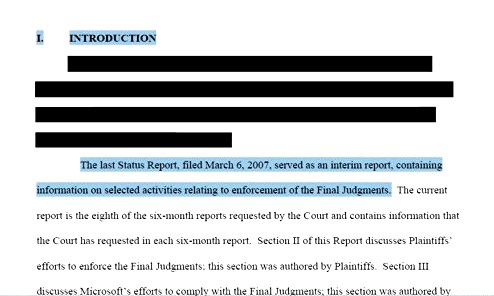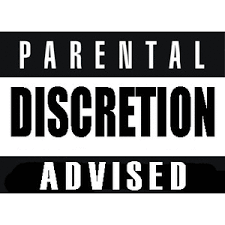
Redacting relevant documents is often attempted by litigants who wish to edit out irrelevant or embarrassing portions of a document disclosed or demanded in the litigation process.
The issue was discussed in Minchin v Movsessian 2021 BCS 1303 which quoted North American Trust Co. v. Mercer International Inc. (1999), 71 B.C.L.R. (3d) 72, that discouraged the practice of litigants “editing out substantial parts of a document production believed to be irrelevant”.
Rule 7-1(1)(a)(i) requires parties to list and produce:
…all documents that are or have been in their possession or control that could, if available be used by any party of record at trial to prove or disprove a material fact
Under the rules of court, a litigant cannot avoid producing a document in its entirety simply because some parts of it may not be relevant. The whole of a document is producible if a part of it relates to a matter in question.
Since North American Trust Co. was decided, Rule 7-1(1) narrowed the scope of relevance for initial lists of documents. However, Rule 7-1(1) did not authorize litigants to edit documents on the basis of relevance alone. Generally speaking, the whole of a document must still be produced if a part of it may be used to prove or disprove a material fact: Este v. Blackburn, 2016 BCCA 496 at para 19.
In Araya v. Nevsum Resources, 2019 BCSC 1912, the court rejected an attempt to redact Facebook posts for irrelevant content, holding that the plaintiffs’ approach of treating each post as a separate document for the purposes of production and redaction is clearly not efficient, will increase cost, and cause delay.
The practice of redacting relevant records by removing information that counsel believes cannot be used to prove or disprove a material fact is not consistent with the rules, and should be discouraged by the court.
Irrelevant information may be removed but counsel must follow the guidelines lad down by the court for doing so.
In North American Trust Co., the court allowed that an otherwise relevant document may be redacted where:
a) the redacted material is irrelevant; and,
b) there is a good reason why it should not be disclosed
A listing party may redact information with a note to that effect in its list of documents, and then, on an application by the requesting party for production of the complete document, seek a ruling of the court under Rule 7-1(14)(a) upholding the redaction: Este, at para 20; McCaw’s Drilling & Blasting Ltd. v. Greenfield Construction Ltd., 2019 BCSC 2244, at para. 23.
When a redaction is disputed by the receiving party, the onus is on the party seeking to limit the disclosure to adduce evidence that satisfies the court that the material is likely irrelevant and a good reason favouring redaction: Este, at para. 21.
Where a Halliday order is appropriate, a litigant may redact irrelevant or privileged information from otherwise relevant documents. The weighing of probative value and prejudicial effect is an evidentiary consideration that goes to the admissibility of documents at trial, not document production.
In exceptional cases, the court may make an order under Rule 7-1(14)(a) excusing a party from full compliance with the document disclosure rules. But privacy alone is not an exceptional circumstance relieving litigants of their obligation to list and produce all relevant documents.




